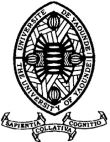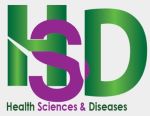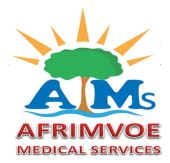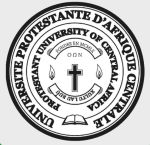Strengthening Psychosocial Support and Emergency Response in Senegal: Lessons from a Tragic Traffic Accident.
DOI:
https://doi.org/10.5281/hra.v2i2.5235Keywords:
Mobile psychosocial intervention and support team, accident, psychological trauma, SenegalAbstract
ABSTRACT
On January 8, 2023, Senegal experienced a tragic traffic accident that claimed the lives of 42 people and left approximately 100 injured. During such events, the victims, their families, the first responders to arrive on the scene and the frontline personnel must benefit from medical and psychological care. Promptly, the Emergency Health Operations Center (EOC) acted, activating the Kaolack mobile psycho-social intervention and Support Team in addition to deploying mental health professionals in Kaffrine. On-site in Kaffrine, a medical-psychological emergency cell was established. This cell efficiently organized immediate and post-immediate care, offering individual and group counseling sessions tailored to the specific needs of each person affected. Approximately sixty direct or indirect victims received psychological assistance. Beyond the challenges inherent in managing such events and considering their increasing occurrence in our country, a vital lesson emerged-the necessity of formalizing Mobile Intervention and Psychosocial Support Teams in every region for the effective management of medical-psychological emergencies.
RÉSUMÉ
Le 8 janvier 2023, le Sénégal a connu un tragique accident de la circulation qui a coûté la vie à 42 personnes et fait une centaine de blessés. Lors de tels événements, les victimes, leurs familles, les premiers intervenants arrivés sur les lieux et le personnel de première ligne doivent bénéficier d'une prise en charge médicale et psychologique. Le Centre des opérations d'urgence sanitaire (COUS) a réagi rapidement en activant l'équipe mobile d'intervention psychosociale et de soutien de Kaolack et en déployant des professionnels de la santé mentale à Kaffrine. Sur place à Kaffrine, une cellule d'urgence médico-psychologique a été mise en place. Cette cellule a organisé efficacement les soins immédiats et post-immédiats, offrant des séances de conseil individuelles et collectives adaptées aux besoins spécifiques de chaque personne affectée. Une soixantaine de victimes directes ou indirectes ont bénéficié d'une assistance psychologique. Au-delà des défis inhérents à la gestion de tels événements et compte tenu de leur fréquence croissante dans notre pays, un enseignement essentiel se dégage : la nécessité de formaliser des équipes mobiles d'intervention et de soutien psychosocial dans chaque région pour une gestion efficace des urgences médico-psychologiques.
Downloads
Published
How to Cite
Issue
Section
License
Authors who publish with this journal agree to the following terms:
- Authors retain copyright and grant the journal right of first publication with the work simultaneously licensed under a Creative Commons Attribution License CC BY-NC-ND 4.0 that allows others to share the work with an acknowledgement of the work's authorship and initial publication in this journal.
- Authors are able to enter into separate, additional contractual arrangements for the non-exclusive distribution of the journal's published version of the work (e.g., post it to an institutional repository or publish it in a book), with an acknowledgement of its initial publication in this journal.
- Authors are permitted and encouraged to post their work online (e.g., in institutional repositories or on their website) prior to and during the submission process, as it can lead to productive exchanges, as well as earlier and greater citation of published work










